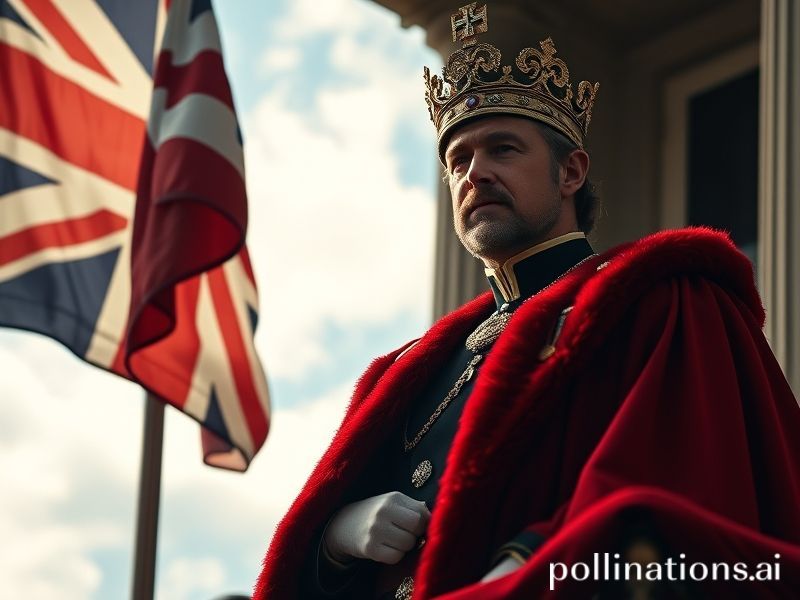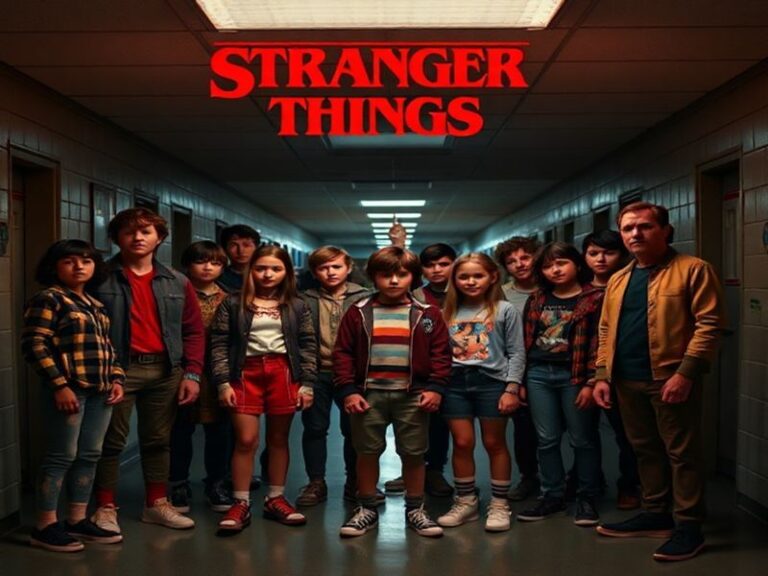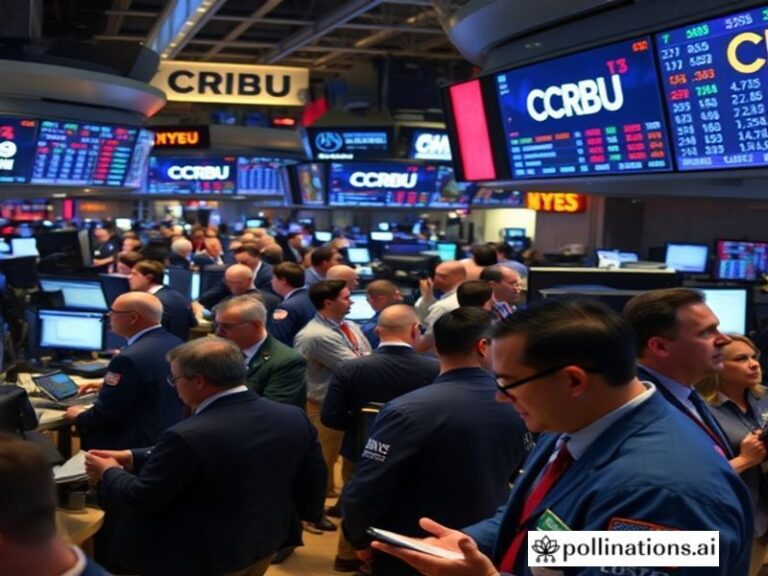King Charles III: The World’s Most Expensive Placebo in a Post-Colonial Circus
King Charles III: A Crowned Relic in a World That No Longer Bows
By Our Correspondent, still slightly jet-lagged from the last monarchical funeral open bar
LONDON—When the orb, sceptre, and assorted medieval bling were gently lowered onto Charles Philip Arthur George’s anointed head in May 2023, roughly 2.3 billion people watched—roughly the same number who will swipe past a TikTok of a cat opening a fridge in the next 24 hours. That ratio is the first hint that Charles’s reign is less a glorious continuation of empire than a brilliantly lit stage set for a global absurdist comedy.
From Brasília to Bangalore, the coronation was greeted with the polite curiosity normally reserved for a neighbour’s holiday slideshow: mildly interesting, vaguely exotic, and mercifully short. Brazil’s president Lula noted—between climate-crisis photo ops—that it was “nice to see traditions preserved,” which is diplomatic Portuguese for “thank God we binned that nonsense in 1889.” Meanwhile, across the former colonies now rebranded as the Commonwealth (loyalty points program, no cash value), prime ministers queued for selfies knowing full well that republican rumblings back home are louder than a Delhi traffic jam. Even Canada, perennial polite hostage, has polls showing 51 percent of Canadians under 30 would rather swear allegiance to a hockey mascot than to the Crown.
Yet the show goes on, because the monarchy has pivoted from ruling to revenue. VisitBritain estimates royal pageantry adds £1.2 billion annually in tourist receipts—roughly the GDP of Belize, one of the 14 realms still legally required to care. That economic alchemy turns a bejeweled pensioner into a national theme park: Buckingham Palace as Disneyland with corgis. The international visitor, clutching a £35 commemorative tea towel, is thus an unwitting stakeholder in the survival of an institution whose constitutional powers are now on par with a decorative spoon.
Still, Charles is no mere animatronic in a bearskin hat. He has spent five decades rehearsing for a role that, like most theatre, is most meaningful to the people on stage. His passion for organic farming, alternative medicine, and talking to plants once earned him the tabloid nickname “The Green Weirdo.” Today that same obsession positions him as a proto-influencer ahead of the eco-apocalypse curve. When he scolds African leaders about deforestation while flying in a chartered 747, the hypocrisy is noted, filed, and hashtagged—but the clip still racks up 12 million views. In our era of performative sincerity, even a king can be relatably flawed; the algorithm doesn’t discriminate between crown and Kardashian.
Globally, Charles III matters less as a sovereign than as a diagnostic test. In Saudi Arabia, Crown Prince Mohammed reportedly asked aides whether Britain’s monarchy could be franchised—imagine Riyadh with Beefeaters—before deciding absolute monarchy already has better margins. In Beijing, state media coverage alternates between condescension (“ritual of a declining power”) and envy (“soft-power toolkit deployed without firing a shot”). Meanwhile, French intellectuals—who guillotined their own royals so efficiently that Louis XVI’s DNA now sells as boutique perfume—debate whether Charles represents “postmodern feudalism” or merely the longest-running reality TV show in history.
The darker punchline is that the world’s most famous inheritance dispute (Charles vs. obsolescence) is unfolding while 735 million people face acute hunger. Against such grim ledgers, a golden carriage procession feels like gilding the Titanic’s deck chairs, then live-streaming it for tips. And yet, absurdity has its uses: in Kyiv, soldiers joke that if their trenches had the same media resilience as the House of Windsor, Russian artillery would be sponsored by Disney+.
Charles may yet surprise us. His reported plan to “slim down” the monarchy could accidentally invent the first hereditary start-up: royal family as lean, subscription-based service—Netflix meets noblesse oblige. Or the next scandal (and there is always a next scandal) might finally tip the Commonwealth’s accounting ledger into the red. Until then, the crown remains history’s most expensive placebo: a glittering reminder that humans will mortgage their future for a good story, preferably one with horse-drawn carriages and a reassuringly posh accent.
So here’s to King Charles III: reigning over a planet that no longer kneels, but still can’t look away. Long may he wave—preferably from a balcony, at a safe, Instagram-friendly distance.







